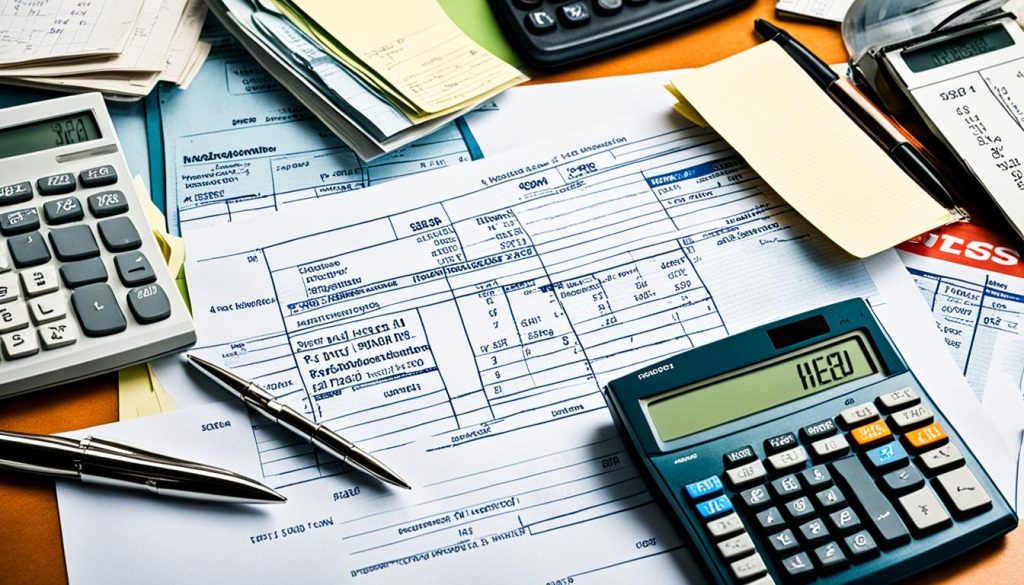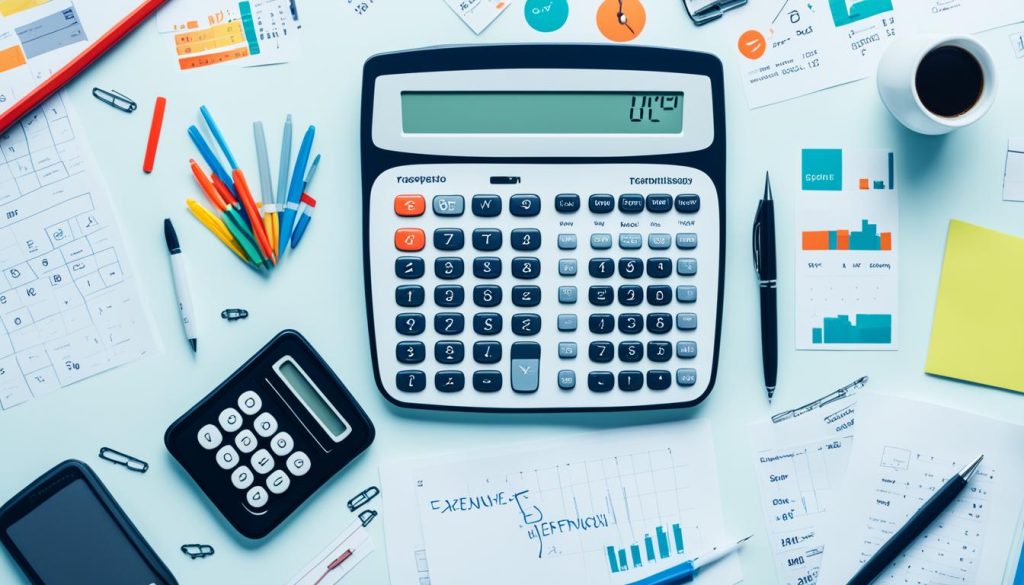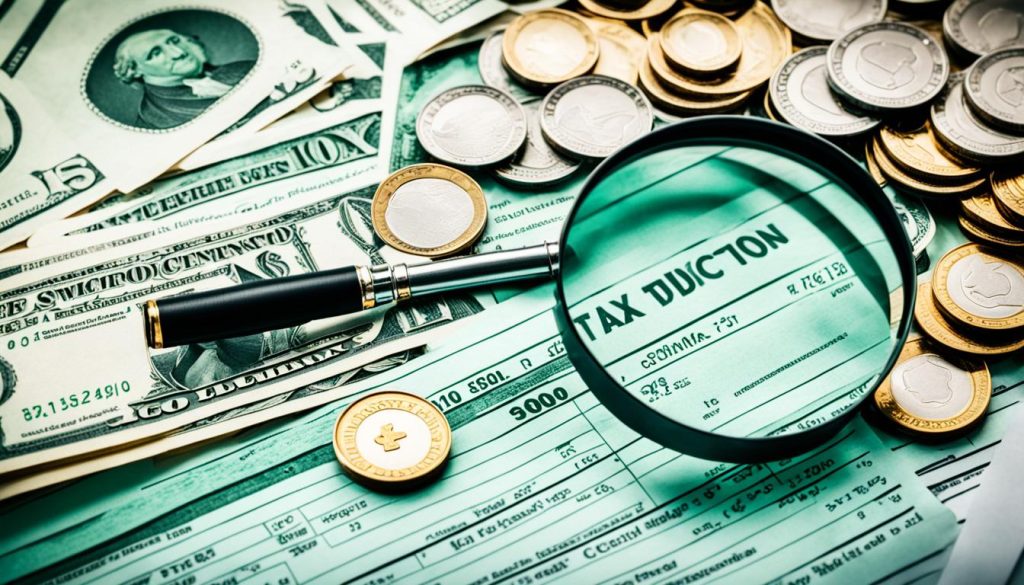Navigating the world of self-employment comes with its own set of challenges, especially when it comes to managing finances. One area that often causes confusion is claiming expenses. However, the UK tax system offers a simplified approach known as “Self Employed Simplified Expenses,” designed to ease the burden of calculating every single expense. This method allows self-employed individuals to claim a standard allowance for certain costs, eliminating the need for complex record-keeping and calculations.
In this guide, we’ll delve into the details of Self Employed Simplified Expenses, exploring what expenses can be claimed, how to calculate them, and the benefits of using this approach. Whether you’re a freelancer, contractor, or sole trader, understanding and utilising simplified expenses can help streamline your financial management and ensure compliance with HMRC regulations.
What is Self Employed Simplified Expenses?
Self-employed individuals often face the challenge of managing their expenses efficiently. In the UK, the tax system offers a simplified method known as Simplified Expenses, which allows self-employed individuals to calculate certain expenses using flat rates instead of actual costs. This approach can significantly reduce the administrative burden of detailed record-keeping and complex calculations.
Simplified Expenses cover various categories, including vehicle costs, working from home, and living in business premises. For example, instead of tracking every mile driven for business purposes, self-employed individuals can use flat rates based on the type of vehicle used. Similarly, those working from home can calculate allowable expenses based on the number of hours worked from home each month.
Understanding and utilizing Simplified Expenses correctly can streamline your financial management as a self-employed individual. However, it’s essential to stay informed about the rules and limitations to ensure accurate calculations. Consulting with a qualified accountant or tax advisor can provide additional guidance tailored to your specific circumstances.
What Can Be Claimed as Self-employed Business Expenses?
As a self-employed individual, you can claim a wide range of expenses as allowable business expenses. These include:
- Office costs
- Travel expenses
- Advertising and marketing expenses
- Financial costs such as interest
- Insurance costs
- Training expenses
It’s important to note that if an expense is used for both personal and business purposes, you can only claim the portion that relates to your business. For example, if you use your mobile phone both for personal calls and business calls, you can only claim the cost of business calls.
Keeping detailed records and receipts for all your business expenses is crucial in order to support your claims. This documentation will be necessary if you are ever audited by HMRC. By maintaining accurate records, you can ensure that you are claiming the correct amount and that your expenses are allowable according to HMRC guidelines.
Remember, it’s always a good idea to consult with an accountant or tax advisor to ensure you are claiming your self-employed business expenses correctly and maximizing your tax deductions. They can provide guidance specific to your situation and help you ensure compliance with tax regulations.

Having a clear understanding of what expenses you can claim as a self-employed individual can help you maximize your allowable deductions and reduce your tax liability. By keeping accurate records and adhering to HMRC guidelines, you can confidently claim your self-employed business expenses and ensure that you are taking advantage of all available tax relief.
Simplified Expenses for Self-employed Individuals
Unlike limited companies, self-employed individuals have the option to utilize HMRC’s simplified expenses when claiming certain types of business expenses. This allows you to calculate these expenses using flat rates instead of accounting for the actual costs. The use of flat rate expenses can simplify the process and save you time when completing your tax return.
HMRC’s simplified expenses apply to various categories, including working from home, vehicle usage for business purposes, and living at your business premises. By using these flat rates, you don’t need to keep detailed records of every expense incurred in these areas.
However, it’s important to note that not all expenses can be claimed using the flat rate method. For expenses outside the scope of simplified expenses, it’s necessary to track and document the actual costs to ensure accurate reporting. Comparing the flat rates with the actual costs can help determine which option provides the most tax relief for your specific circumstances.
Understanding the simplified expenses available to you as a self-employed individual can optimize your tax deductions, simplify record-keeping, and save you valuable time during tax season.
Here is a breakdown of HMRC’s simplified expenses:
| Expense Category | Flat Rate |
|---|---|
| Working from home | £x per month |
| Vehicle usage for business purposes | £x per mile |
| Living at your business premises | £x per month |
By utilizing these flat rates, you simplify your tax reporting and reduce the need for extensive record-keeping. However, always check with HMRC guidelines and consult a tax professional to determine the best approach for your situation.

*The image illustrates the simplicity of utilizing HMRC’s simplified expenses for self-employed individuals.*
How to Claim Self-employed Business Expenses?
To maximize your self-employed tax deductions and relieve your tax burden, it’s essential to understand how to claim your business expenses correctly. Here’s a step-by-step guide to help you navigate this process:
- Keep Accurate Records: To support your expense claims, maintain organized records of all your business expenses. This includes receipts, invoices, and any other relevant documents.
- Add Up Business Costs: Sum up all your business expenses throughout the tax year to calculate the total amount you can claim.
- Report on Self-Assessment Tax Return: When filling out your Self-Assessment tax return, declare your total business expenses in the appropriate section.
- Claim Wholly and Exclusively Incurred Expenses: Remember that you can only claim expenses that are directly related to your business and were incurred solely for business purposes.
- Allocate Personal and Business Elements: In the case of expenses that have both personal and business elements, such as a mobile phone bill, you can only claim the portion that is used for business purposes.
- Retain Receipts: Keep receipts for each individual purchase and ensure they are stored safely for future reference.
- Log Expenses: It’s advisable to log all your expenses in either accounting software or a spreadsheet to monitor them efficiently and easily retrieve the necessary information when needed.
By following these steps and adhering to HMRC guidelines, you can confidently claim your self-employed business expenses, optimize your tax deductions, and ensure compliance with tax regulations.

| Expense Category | Amount (£) |
|---|---|
| Office Costs | 1,200 |
| Travel Expenses | 800 |
| Advertising and Marketing | 500 |
| Interest | 300 |
| Insurance | 400 |
| Training Expenses | 600 |
Conclusion
Optimizing your self-employed simplified expenses is crucial to maximizing your tax deductions and retaining more of your hard-earned earnings. Understanding the expenses that are eligible for claims, maintaining accurate records, and exploring HMRC’s simplified expenses options are key to achieving this goal.
By being knowledgeable about the types of expenses you can claim, you can ensure that you are taking advantage of all available tax write-offs. This includes expenses such as office costs, travel expenses, advertising and marketing costs, and insurance expenses.
Additionally, considering HMRC’s simplified expenses scheme can simplify the process of calculating certain expenses using flat rates rather than the actual costs. This can save you time and effort in calculating and recording these expenses.
However, it’s always recommended to consult with a qualified accountant who can provide specific advice tailored to your individual circumstances. They can guide you on the most effective strategies for optimizing your self-employed simplified expenses and ensuring that you are compliant with HMRC regulations.





